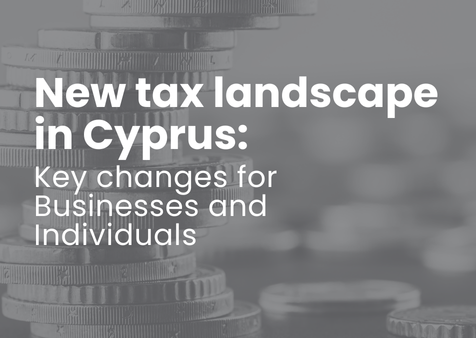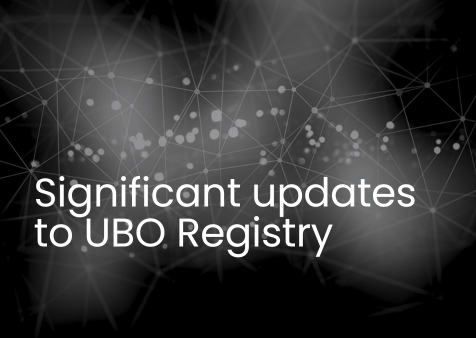From Global Talent to Cyprus Resident: Your pathway to the EU Blue Card
As of Monday, 7 July 2025, the Migration Department under the Deputy Ministry of Migration and International Protection of the Republic of Cyprus has officially opened applications for the EU Blue Card. This marks a significant development in the country’s immigration framework, aligning Cyprus with broader European Union policies designed to attract highly qualified professionals from outside the EU.
Notably, there is no maximum quota for EU Blue Card admissions in Cyprus – as long as the employment falls within the designated eligible sectors.
What is the EU Blue Card?
The EU Blue Card is a residence and work permit that enables highly qualified non-EU nationals to live and work in Cyprus, as well as in other EU member states (excluding Denmark and Ireland). It offers streamlined pathways for skilled professionals to contribute to the EU economy and enjoy rights comparable to EU nationals.
Who is eligible?
Non-EU nationals who:
- Reside outside the Republic
- Reside in the Republic as holders of a valid residence permit
- Reside in the Republic legally (with a visa)
Applicants must:
Hold higher education qualifications or possess high-level professional skills* in one of the following eligible fields:
- Information Technology and Communications (ICT)
- Pharmaceutical (for research purposes only)
- Shipping (excluding ship captains and crew)
*Applicants with at least 3 years of professional experience within the last 7 years may qualify in the case of ICT Services Managers and ICT Professionals.
- Have a valid work contract or a binding job offer for highly qualified employment for a minimum of 6 months
- Meet the annual gross salary threshold of at least €43,632
- Fulfil additional requirements:
- Medical care coverage
- Verified residential address
- A valid travel document with a duration at least equal to the requested EU Blue Card’s validity
What are the benefits?
Holders of the EU Blue Card enjoy a range of rights and privileges, including:
- Fast-track entry and simplified administrative procedures
- Family reunification rights (family members can accompany the EU Blue Card holder and access the labour market, including self-employment)
- Equal treatment with Cypriot nationals in terms of:
- Employment and working conditions
- Education and training
- Social security
- Access to goods and services
- Mobility within the EU (eligible to move to another EU country after 12 months of residence)
- Right to change employer (subject to approval)
- Pathway to long-term residence (permanent residence possible after 5 years of legal stay in the EU, including time on the EU Blue Card)
How to Apply: Step-by-Step Process
- Employer submits the application on behalf of the applicant
- Application reviewed for entry permit by the Cypriot authorities (within 1 month)
- Entry into Cyprus (for 3 months)
- Registration of the applicant and submission of personal data
- Biometric data collection (photo, fingerprints, and signature)
- Examination of the EU Blue Card application (within 3 months)
- Approval and issuance of the EU Blue Card
Validity & Renewal
- Valid for 3 years, provided the passport and employment contract cover this period
- If the employment contract is under 24 months, the permit is valid for the contract duration plus 3 months (maximum 24 months)
- If the passport expires sooner, the card will match its expiration date
The card is renewable, provided that employment conditions continue to be met.
Application Timeline
The processing time varies between 1 to 3 months, depending on the application type and completeness of documentation submitted. For the latest updates, official guidelines, application forms, and the complete list of required supporting documents, please refer to the Migration Department’s Official Website.
How Can We Help You?
Cyprus offers more than just sunshine and scenic coastlines – it’s rapidly becoming a hub for innovation, business, and digital development. Whether you’re seeking a better quality of life, exciting career opportunities, or a safe, vibrant place to raise a family, then living and working in Cyprus could be the change you’re looking for.
Our team of experts is here to guide you through every step of your relocation journey. From navigating the EU Blue Card application to settling into your new home, we provide tailored advice and end-to-end support to make your move as smooth and successful as possible. Contact us today to speak with our relocation and immigration experts and start planning your move with confidence.









